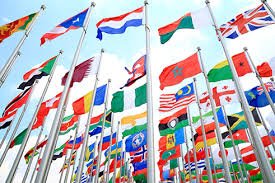Nation-building may be defined as the process through which the boundaries of the modern state and those of the national community become congruent. The desired outcome is to achieve national integration (Reference Works: Concepts and Definitions). The major divide in the literature centers on the causal path that leads to national integration. Thus, nation-building has been theorized as a structural process intertwined with industrialization, urbanization, social mobilization, etc. (Structural Explanations); as the result of deliberate state policies that aim at the homogenization of a state along the lines of a specific constitutive story—that can and often does change over time and under certain conditions (State-Planned Policies); as the product of top-bottom processes that could originate from forces outside of the boundaries of the relevant state; and as the product of bottom-up processes that do not require any state intervention to come about (Contingency, Events, and Demonstration Effects). Since the emergence of nationalism as the dominant ideology to legitimate authority and the template of the nation-state as an organizational principle of the international system, state elites have pursued different policies toward the various unassimilated groups within their territorial boundaries (Seminal Case Studies) with variable consequences (Nation-Building and its Consequences). Thus, scholars have suggested that the nation-building experience of each state—or lack thereof—has had an impact on patterns of State Formation and Social Order, Self-Determination Movements, War Onset, and Public Goods Provision.
Read More © Oxford Bibliographies










